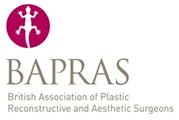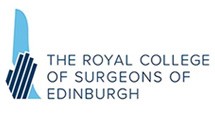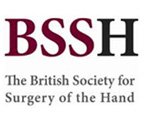Eyelid Surgery/Blepharoplasty
Eyelid surgery or blepharoplasty can rejuvenate the area around your upper and lower eyelids. With ageing there is not only excess skin in these areas but also an increase skin laxity. This leads to saggy and droopy skin on the upper eyelids, which can sometimes interfere with vision. In the lower eyelids, this leads to a puffy appearance giving patients a “tired” look.
Blepharoplasty surgery involves removing the excess skin through well-hidden incisions and removing or repositioning the bulging fat pads.
For patients who have other features of facial ageing, blepharoplasty may be combined with a brow lift and non-surgical facelift techniques to rejuvenate the entire face.
Mr Huq is an expert in eyelid surgery and will provide you with a tailor made treatment plan to help you achieve your goals.
Am I a good candidate for Eyelid Surgery?
The ideal patient for eyelid surgery should be free from any serious medical conditions and have healthy eyes. Patients should also have a realistic expectation regarding the outcomes of surgery.
How is the surgery done?
Upper eyelid surgery can be done under either local or general anaesthetic depending on the patient’s preference. An incision is made on the upper eyelid skin through which excess muscle and fat tissue can be removed along with the excess skin. This heals to leave a virtually invisible scar that blends into one of the skin crease lines in the “crows feet” area. For patients that have droop of their eyebrows and forehead skin and browlift may also be required.
The lower eyelid surgery is carried out through a transverse incision that lies just beneath the eyelashes. Through this incision excess fat can be removed or repositioned followed by trimming of any excess skin.
What is the recovery from eyelid surgery like?
The skin around the eyelids is extremely delicate and therefore swelling and bruising are common after this type of surgery. You will have a cold compress applied to your eyelids to minimize the swelling. Most of the swelling and bruising settles within 2-4 weeks. Some patients may develop a gritty feeling or soreness in their eye after surgery. This usually settles after a couple of weeks and Mr Huq can prescribe you some lubricating eye drops to help with this.
Most patients are discharged the day after surgery. When at home it is advisable to rest for the first week and sleep propped up on at least 4 pillows. Cold compress should be used for a further 1 to 2 days.
Mr Huq will personally remove the sutures between 5 and 7 days after surgery.

 desire with
desire with



